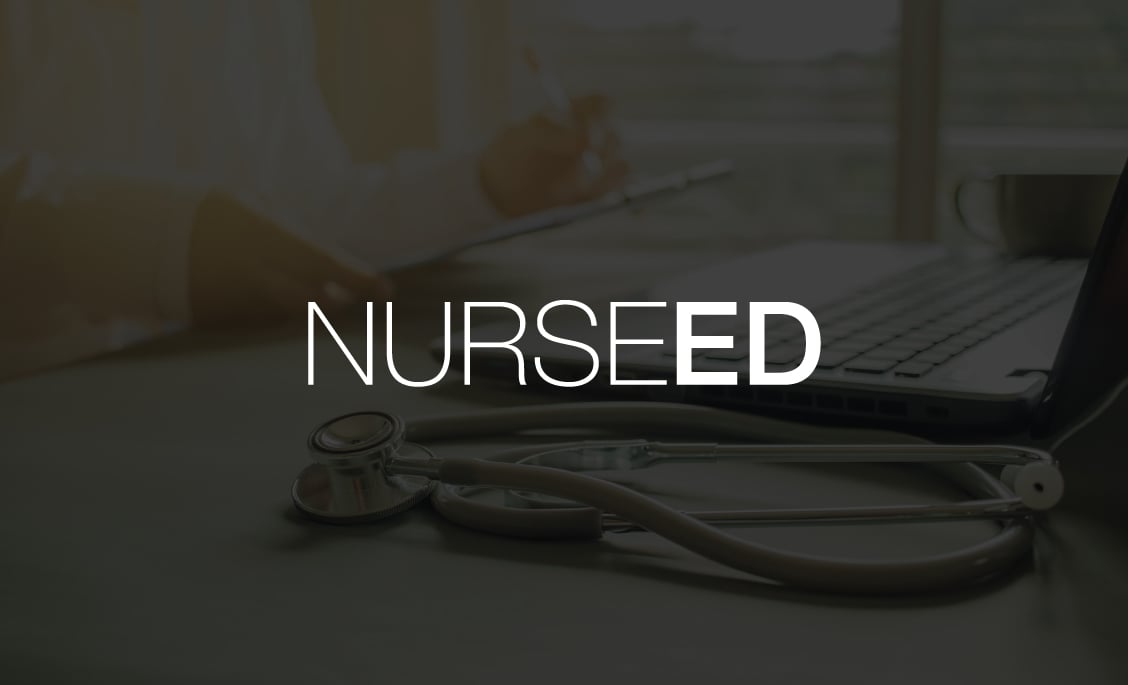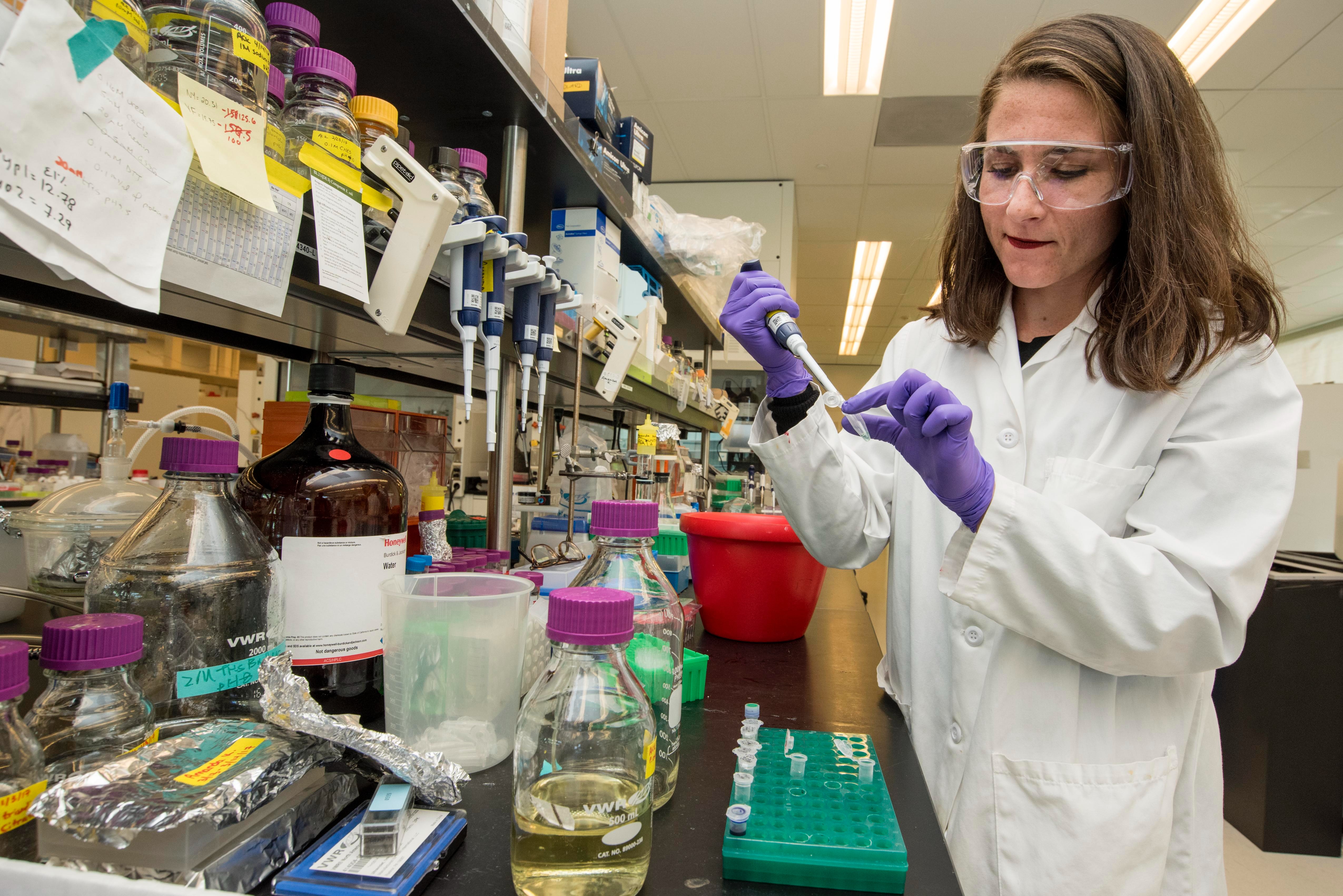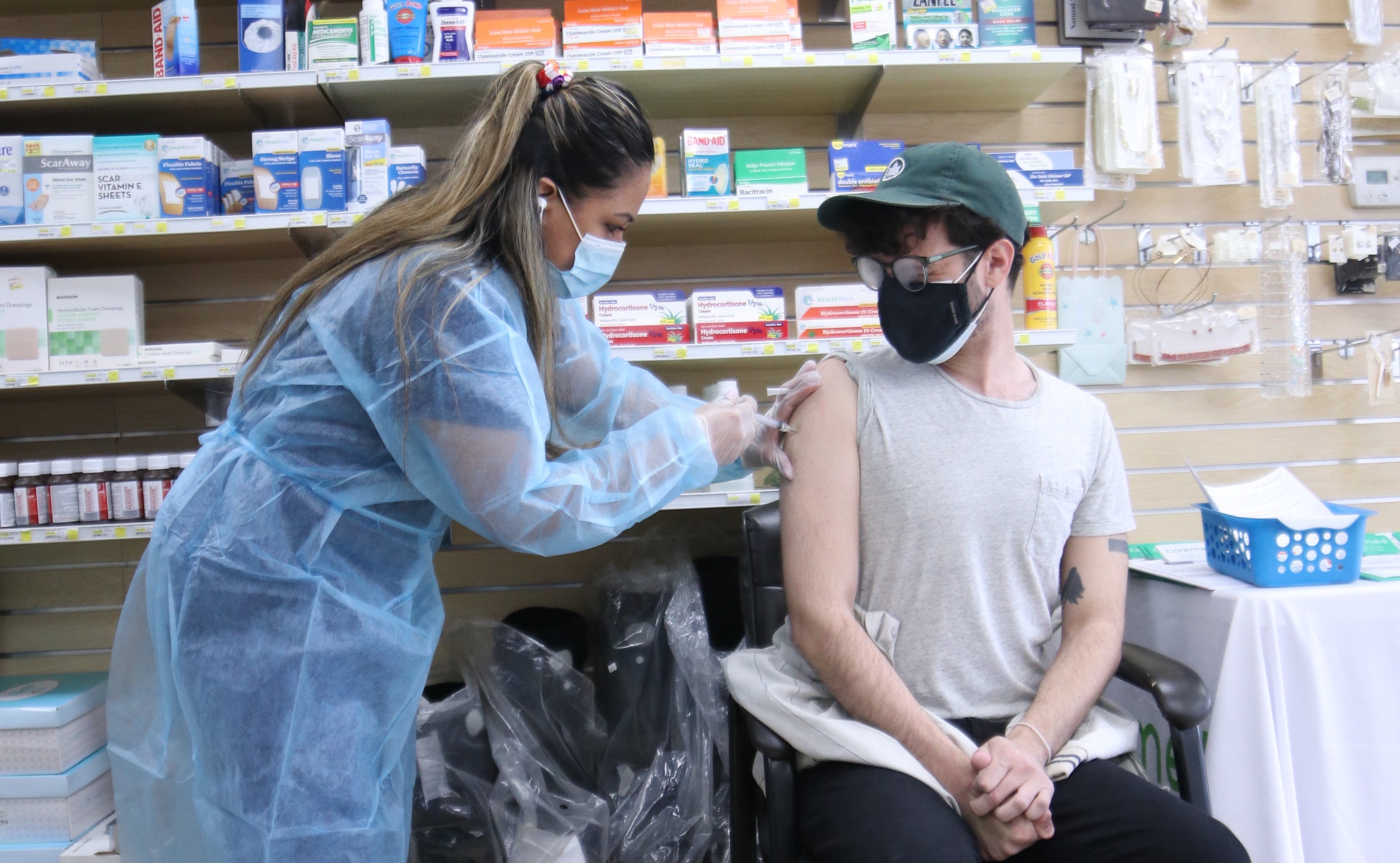A shortage of experienced, skilled nurses in Denmark is impacting quality care delivery, resulting in negative consequences for patients. To address this problem, Area9 Lyceum and its partner, Thieme, a global supplier of high-quality content and information for medical professionals, are helping to launch NURSEED, a four-year program to implement 21st century nursing education to improve skills and knowledge retention.
The four-year program is being funded by a €2 million grant from the Danish Innovation Fund. In addition to Area9 and the Thieme | Area9 partnership, other NURSEED partners include Absalon University College, Danish Technical University, and several Danish municipalities.
“Nursing is a critical component of care delivery and the patient experience. Better education and training will have a profound impact on both nurses and the patients they care for,” said Ulrik Juul Christensen, M.D., Executive Chairman of Area9 Lyceum.
By tailoring instruction and content delivery to each student’s needs, NURSEED’s goal is to improve overall competency among nursing graduates entering the field. In particular, more support can be offered to low-performing students to build their skills and reduce drop-out rates.
The NURSEED project began in March 2020 and will run through February 2024. The first major objective will be to integrate the Area9 Rhapsode™ adaptive learning platform into the UCA nursing education, using Thieme content for core science subjects. In the next phase, nursing curriculum will be revamped with a blended learning approach: combining personalized
computer-based adaptive learning to improve each student’s knowledge and skills, followed by in-classroom teaching and skills workshops.
“The blended approach has the potential to significantly improve the learning experience of the next generation of nurses, ensuring that they are better equipped with the right knowledge and skills as they enter the healthcare field,” Christensen added. “The goal is to better prepare nurses for real-life problem solving and clinical decision making.”
Adaptive Learning in Healthcare
Area9 Lyceum has a long history of improving medical education through computer-based adaptive learning, including its fourth-generation Area9 Rhapsode platform. Instead of assuming or predicting where learners will struggle or where they will need reinforcement, Area9 Rhapsode adapts to the learner, providing additional resources and support where needed. This approach has proven to be highly effective in training healthcare students, as well as in delivering meaningful continuing medical education (CME) and maintenance of certification (MOC) education for practicing physicians, nurses, and other clinicians.
The Thieme | Area9 partnership combines Area9’s adaptive learning technology with Thieme’s extensive expertise in didactics and content development for healthcare professionals. Now in the NURSEED project, Thieme | Area9 will work closely with Absalon University College and Danish Technical University to provide access to 21st century education to nursing students.
Nursing shortages and the need to improve nurse training is a global problem. In the United States, for example, there is a projected shortfall of nurses to meet rising demand for these professionals. “The NURSEED project in Denmark will meaningfully contribute to research into how to improve nurse training to achieve better outcomes,” Christensen said.









